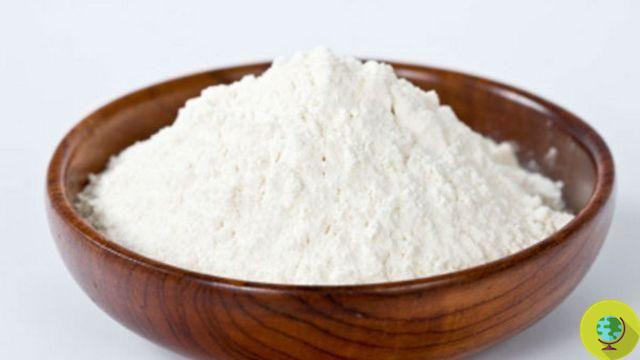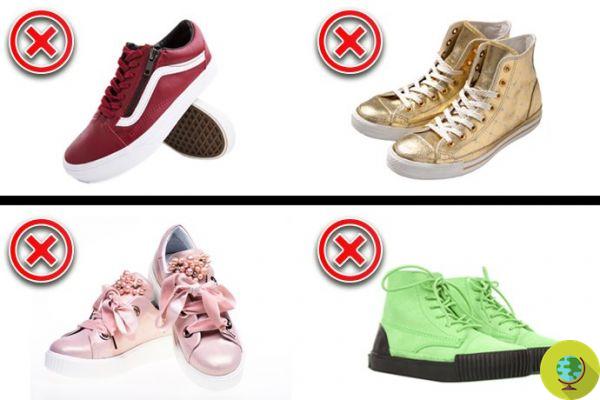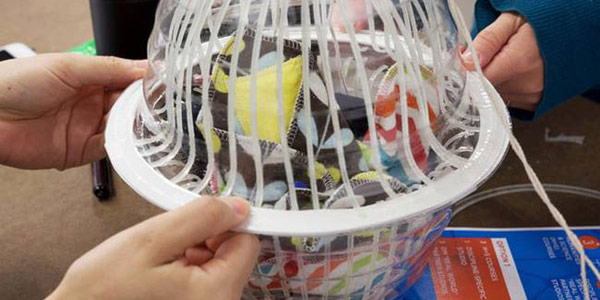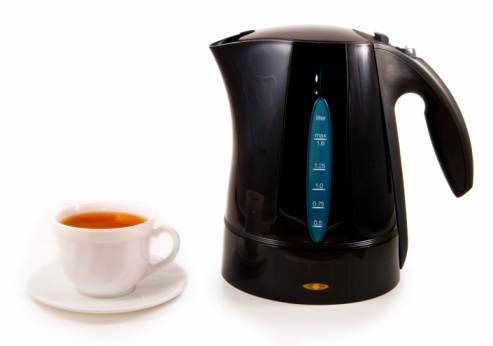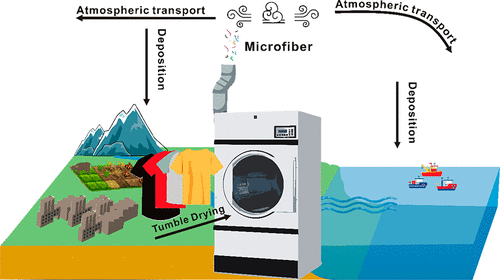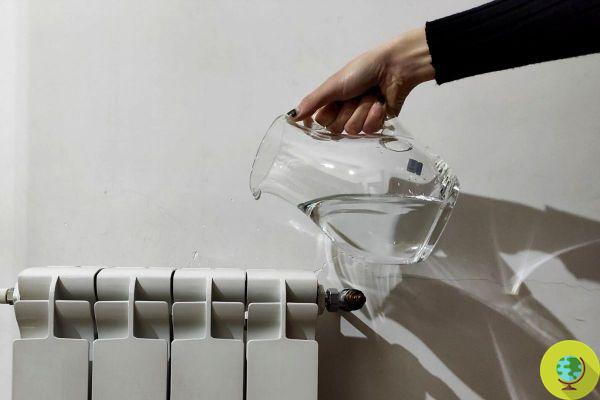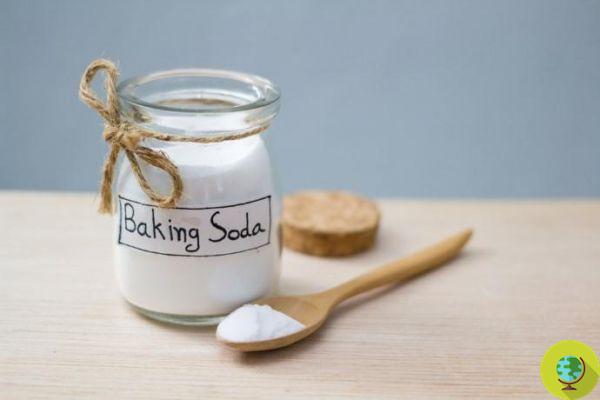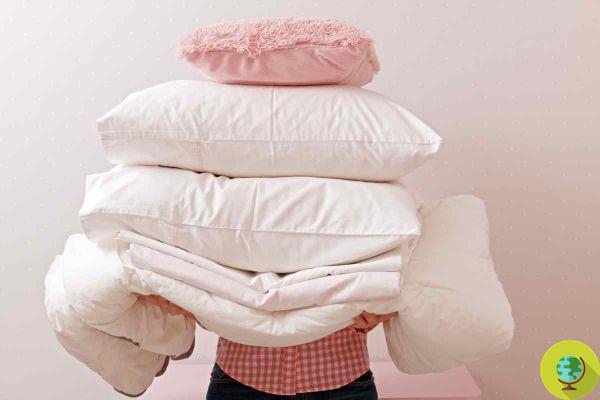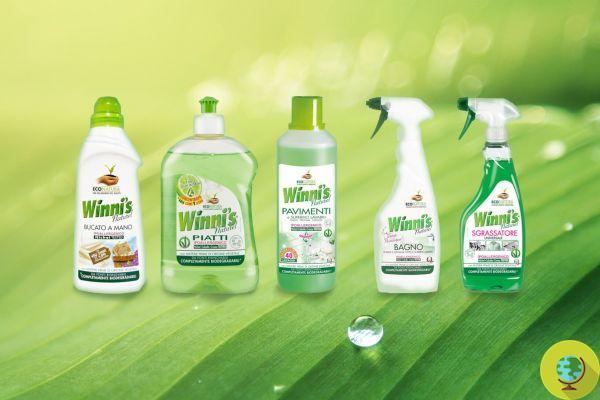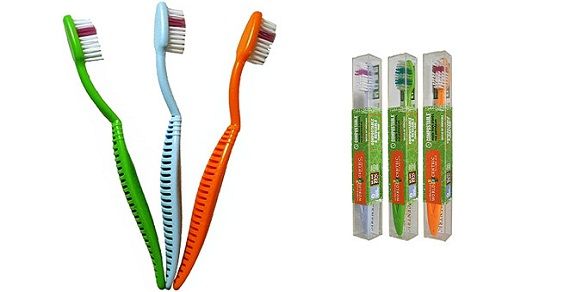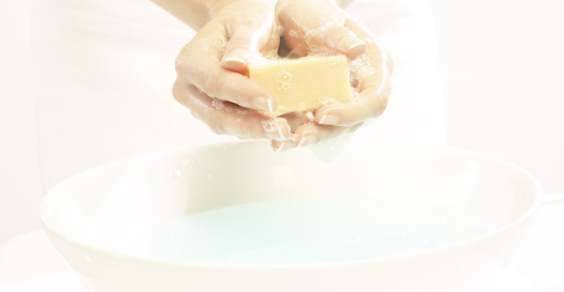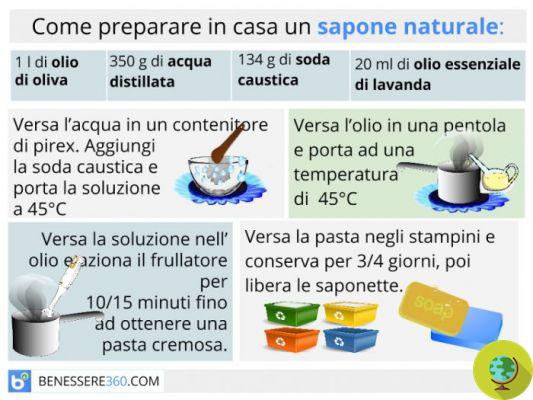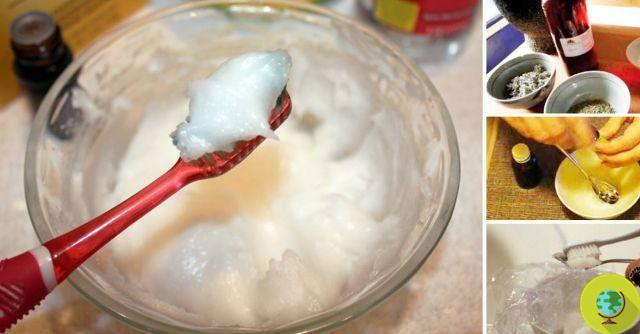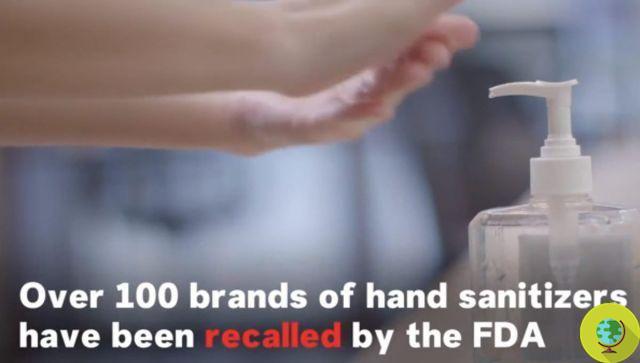Chemicals that contain petroleum-refined compounds, such as household cleaners, pesticides, paints and fragrances, pollute the air as much as motor vehicles. This was revealed by a new study conducted by scientists from the University of Colorado Boulder
He is about to end up run over, his mother saves himChemicals that contain petroleum-refined compounds, such as household cleaners, pesticides, paints and fragrances, pollute the air as much as motor vehicles. This was revealed by a new study conducted by scientists from the University of Colorado Boulder.
A news that could surprise you since usually when we associate pollution and detergents we think of water, but also the air is dirty by the detergents that are used to clean our homes.
According to the study, although much more fuel is used in ratio than the petroleum-based compounds of chemicals, about 15 times more by weight, household products contribute to air pollution as much as the transportation sector. .
Considering the particles generated by chemicals, in this case the emissions are even double those of the transport sector.
"As transportation becomes cleaner, those other sources become more and more important", has explained lead author of the research Brian McDonald. "The things we use in our daily life can have an impact on air pollution."
For the re-evaluation, the scientists focused on volatile organic compounds or VOC. The latter can spread in the atmosphere and react by producing ozone or particulate matter.
In recent years, various countries and car manufacturers have made changes that limit pollution related to motor vehicles. So McDonald and his colleagues reviewed sources of air pollution by classifying recent chemical production statistics compiled by American industries and regulatory agencies, making detailed measurements of Los Angeles airborne substances, and also assessing air quality in Los Angeles. internal ambients.
They found that in the United States the amount of VOCs emitted by industrial and consumer products is actually two or three times higher than that estimated by current studies on air pollution, which also overestimate vehicular sources. For example, the Environmental Protection Agency estimates that around 75 percent of fossil VOC emissions (by weight) come from fuel sources and around 25 percent from chemicals. The new study, with its detailed assessment of up-to-date chemical use statistics and previously unavailable atmospheric data, brings this closer division at 50-50.
"The gasoline is stored in closed, hopefully, airtight containers, and the VOCs of the gasoline are burned for energy," said Jessica Gilman, co-author. “But the volatile chemicals used in common solvents and home and personal care products are literally designed to evaporate. You wear perfume or use scented products so that you or your neighbor can enjoy the aroma. You don't do it with petrol ”.
The new study therefore reveals that if on the one hand we try to limit the production of polluting emissions from cars, on the other we do not do the same with consumer products.
READ also:
- 10 truly eco-friendly detergents and products that aren't actually green
- How to read the detergent label
- Dishwashing detergent: the dangerous ingredients to check on the label (LIST)
- Domestic pollution: 15 indoor plants that purify the air in the house
Inside the house it's even worse. Concentrations are often 10 times higher indoors than outdoors. We therefore choose ecological detergents or rather we prepare them ourselves using natural raw materials.
MOST COMMON VOLATILE ORGANIC COMPOUNDS (VOCs) PRESENT IN THE HOME:
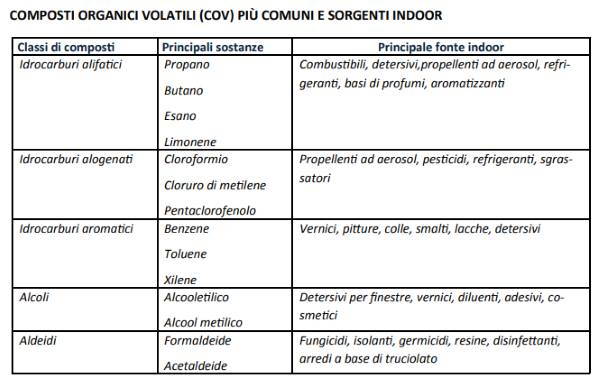 Gallery
Gallery
Francesca Mancuso





